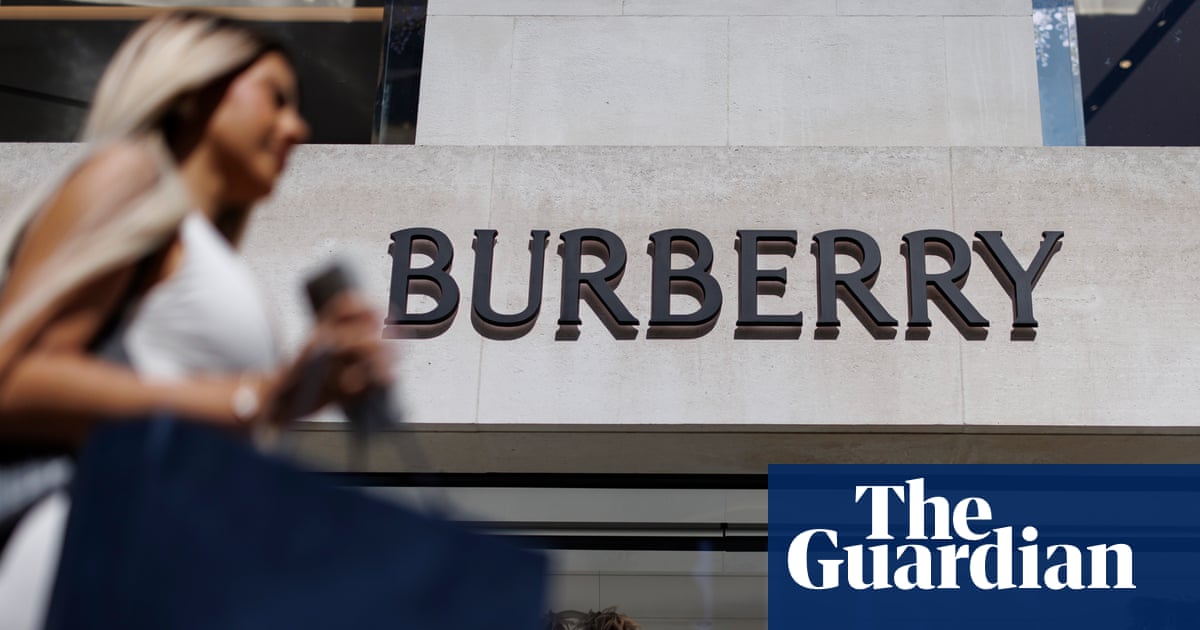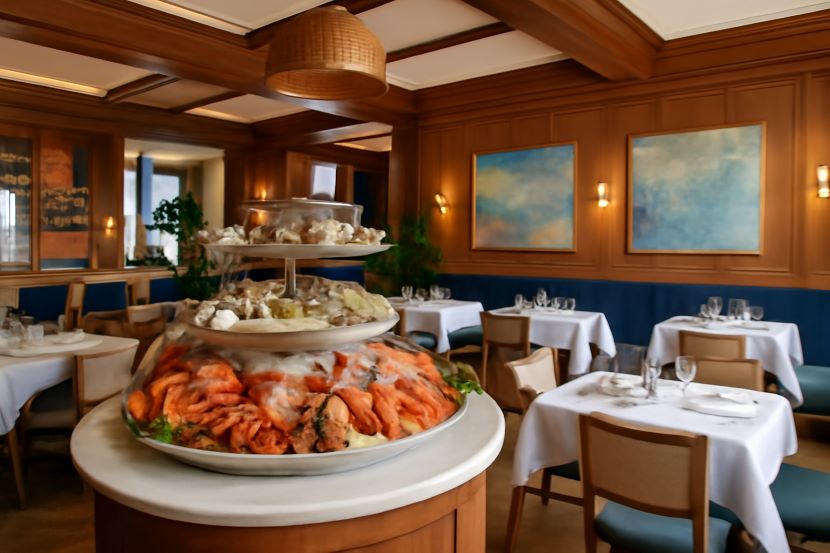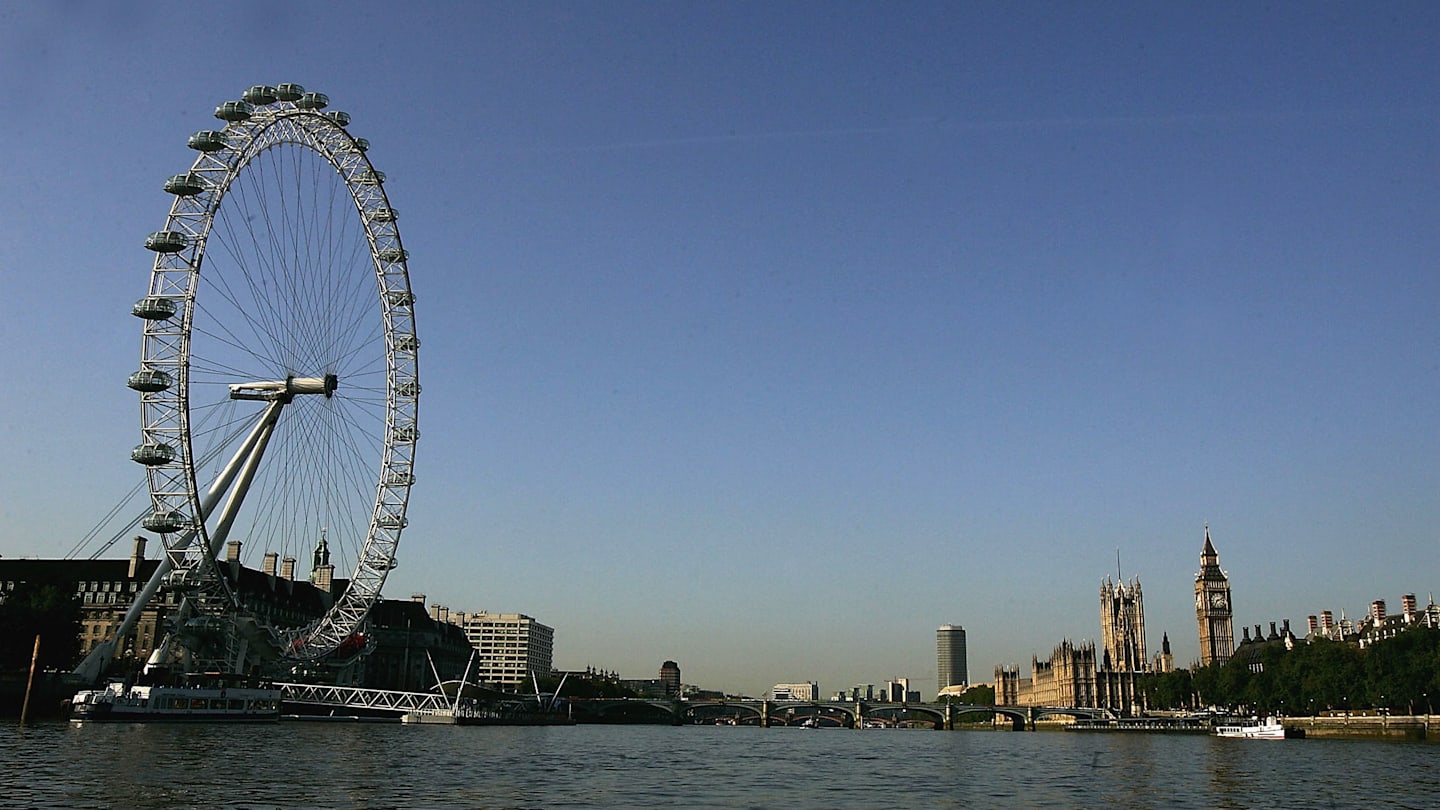Scrapping Tax-Free Shopping Is Costing Britain $14 Billion In Lost GDP, Says Report

The British chancellor Jeremy Hunt in under increasing pressure to reinstate tax-free shopping as … [+]
A new report, released Monday, says that the removal of tax-free shopping in the U.K.—brought about by Rishi Sunak when he was chancellor and who is now prime minister—is costing the country £10.7 billion ($14 billion) and deterring two million tourists a year from visiting.
At the time of the ban on what was effectively a VAT refund scheme for tourists taking goods out of the country, the government said the perk was not necessarily used as intended. It claimed that at airports “the tax concession is not always passed on to consumers” while downtown, some tax-rebated goods were brought back into the U.K.
Sources familiar with VAT-refund schemes also said that the one in place in Britain was unnecessarily complex and costly to administer, and was another reason it was dumped. Whatever the reasons, it is becoming more apparent that the sums don’t add up.
The report from the Centre for Economics and Business Research (CEBR) claims that the additional revenue generated by restoring a VAT rebate scheme would outweigh losses associated with VAT refunds by £2.3 billion ($3 billion). For every £1 refunded in sales tax to foreign tourists, the U.K. treasury would gain £1.56 in other taxes thanks to the nature of tourist expenditure.
If the scheme was reinstated, CEBR’s data point to a GDP rise of £10.7 billion in 2023 through what it calls a ‘tourist spending multiplier’ which estimates how the money spent by tourists circulates in the economy. “The additional activity stimulated by tax-free shopping, and the associated increase to tax revenues, significantly outweighs the corresponding loss of sales tax, even in scenarios with lower take-up rates,” the report said.
A previous independent report from Oxford Economics suggested that the reintroduction of tax-free shopping would boost the economy by more than £4 billion each year and support 78,000 jobs.
The Treasury’s calculations on the cost of tax-free shopping appear not to have factored in tourist spending in hotels, restaurants, theaters, museums, tourist attractions, and transport. Estimates from tourism agency VisitBritain suggest that about 25% of all tourist expenditure in the UK goes towards shopping, covering clothing, souvenirs, household items, books, and foodstuffs.
Open letter signed by 350 businesses
Another open letter has been sent, this time to the current chancellor, Jeremy Hunt, signed by an array of 350 businesses that want tax-free sales back. As well as brands, retailers and airports, theater companies, London’s Royal Opera House, and other arts venues have also gone on the offensive.
Rocco Forte: “We have economic analysis showing that restoring tax-free shopping would boost the … [+]
Among the signatories to today’s letter are British Airways; a string of U.K. airports including Heathrow and Gatwick; luxury labels like Asprey London, Burberry, Ferragamo, and Garrard; retailers ranging from Primark and Marks & Spencer to Harvey Nichols and Selfridges; and hotel groups like Claridge’s, Dorchester Collection, and Rocco Forte Hotels.
The letter notes: “Every country remaining in the European Union now offers tax-free shopping, while we don’t. Effectively, we have suddenly started charging 20% more than other countries do for the same goods. The treasury claims this move is saving the taxpayer £2 billion a year, but this is flawed and misleading. The foreign visitors who have traditionally come from the US, Middle East, China and elsewhere to shop for the best of British inject large sums into the broader economy, on top of what they spend on retail purchases.”
Leading the campaign to restore tax-free shopping is Sir Rocco Forte who runs Rocco Forte Hotels which helped commission the report. He said: “The chorus of criticism from business leaders of the tourist tax has become deafening. The treasury has asked for evidence that scrapping tax-free shopping has damaged the economy and deterred high-spending tourists.
“Now we have economic analysis showing very clearly that restoring tax-free shopping would boost the public finances and the wider economy. At a time when we are desperate for economic growth, a U-turn on this policy is urgently required. The UK simply can’t afford to go on driving these tourists into the arms of our rivals.”
The largely discredited Liz Truss government did announce plans to reintroduce the VAT rebate scheme last fall, but her administration was short-lived and the decision was reversed. Now there is growing discontent including from two former Conservative Party chancellors, Liberal Democrat leader Sir Ed Davey, and Labour Mayor of London Sadiq Khan.
Britain can’t compete with Europe
Further data from travel shopping analyst Global Blue points to Britain’s failure to recover its international tourism relative to its neighbors. Looking at visitors from the USA, Gulf Cooperation Council (GCC) and Southeast Asia regions, to a sample of 11 leading retailers, the UK has recovered to 64% of 2019 levels of spending. However, Italy is at 79%, Spain at 84% and France—the main beneficiary of the U.K.’s removal of tax-free shopping—has recovered to 108%.
International shoppers are not spending as much in the U.K. as in competing EU markets . … [+]
Examining spending by Americans alone, the differences are even more pronounced. Visitor spending from United States travelers in Britain is at 101% of 2019, whereas Italy is enjoying comparative rates of 190%, Spain is over 200%, and France has achieved 226%.
Watches of Switzerland CEO Brian Duffy, commented: “This evidence is even more compelling than I anticipated. It is simply irresponsible of the government not to give this full consideration. Tourist spending is bouncing back in the EU in a way that is simply not happening in Britain, and this is all down to the absence of VAT-free shopping.”
Chancellor Hunt will also have to endure a 90-minute parliamentary debate on September 7 on proposals to reinstate tax-free shopping. The date was secured by Sir Geoffrey Clifton-Brown MP, who will open the discussion. He said: “It is really important that this subject is thoroughly debated. It will hopefully send a strong message to the chancellor ahead of the autumn statement.”
Dee Corsi, chair of the Association of International Retail and CEO of the New West End Company, commented: “Parliament’s decision to debate tax-free shopping, with cross-party support, is a sign of how serious this issue is for Britain’s economy and businesses.”
link






